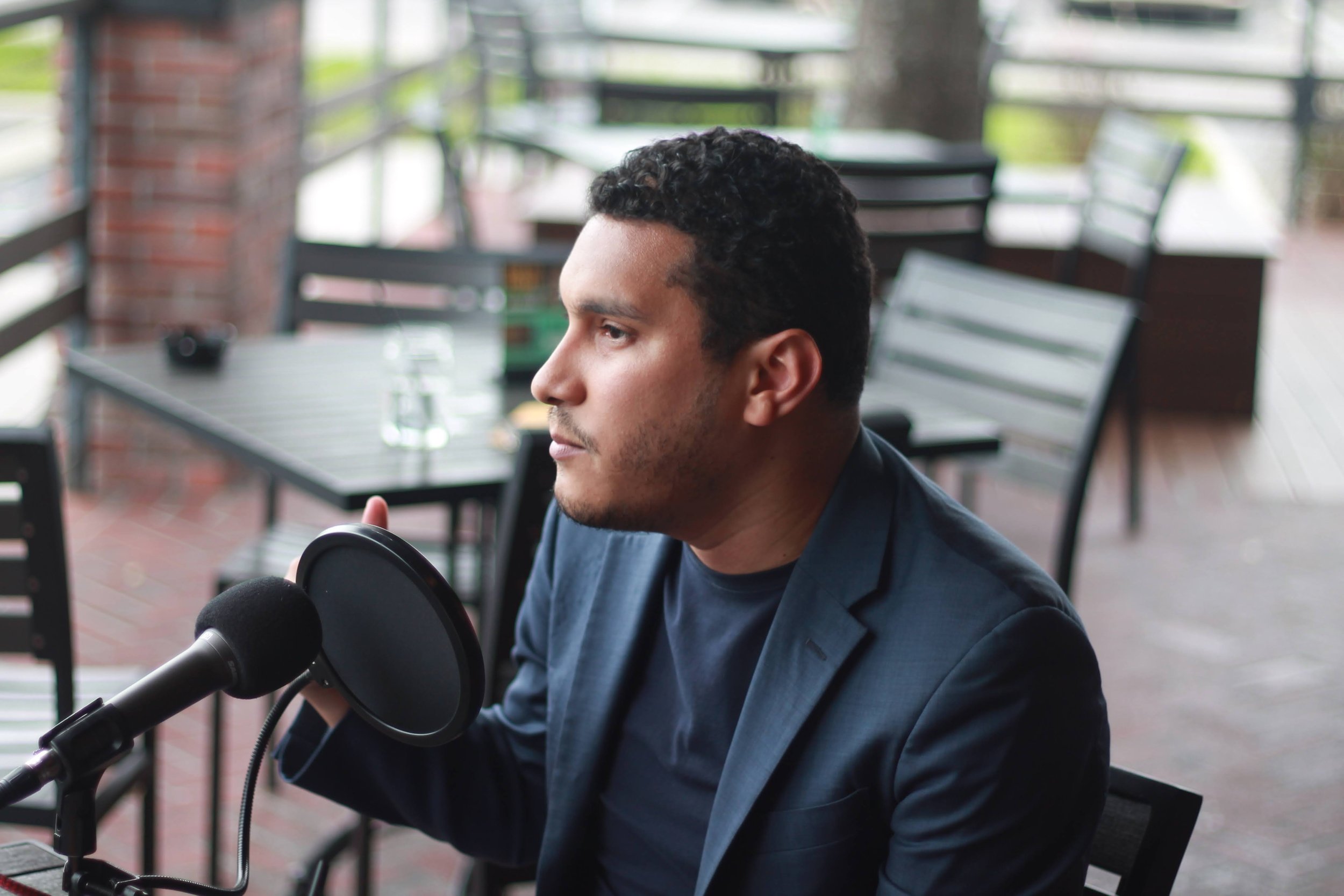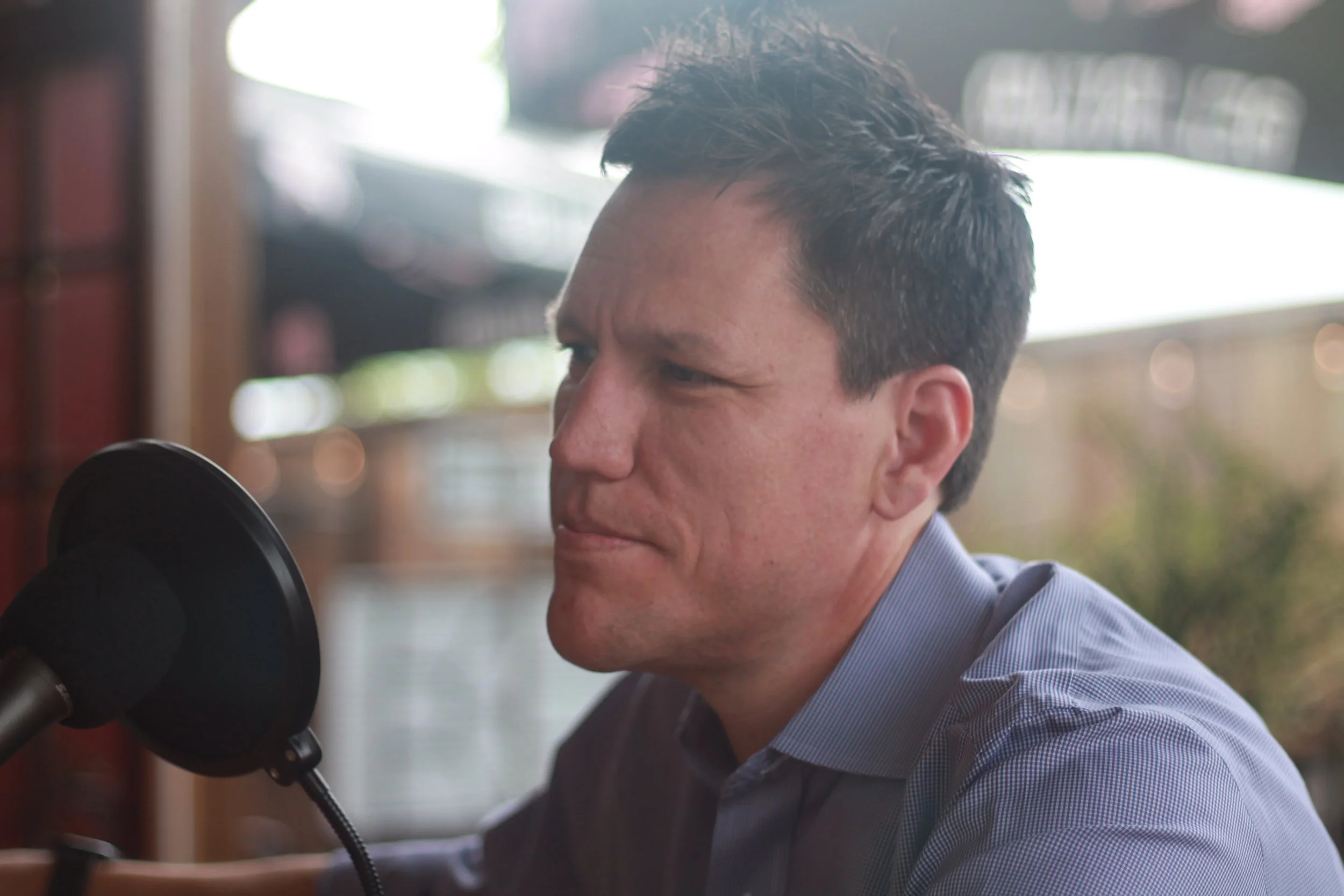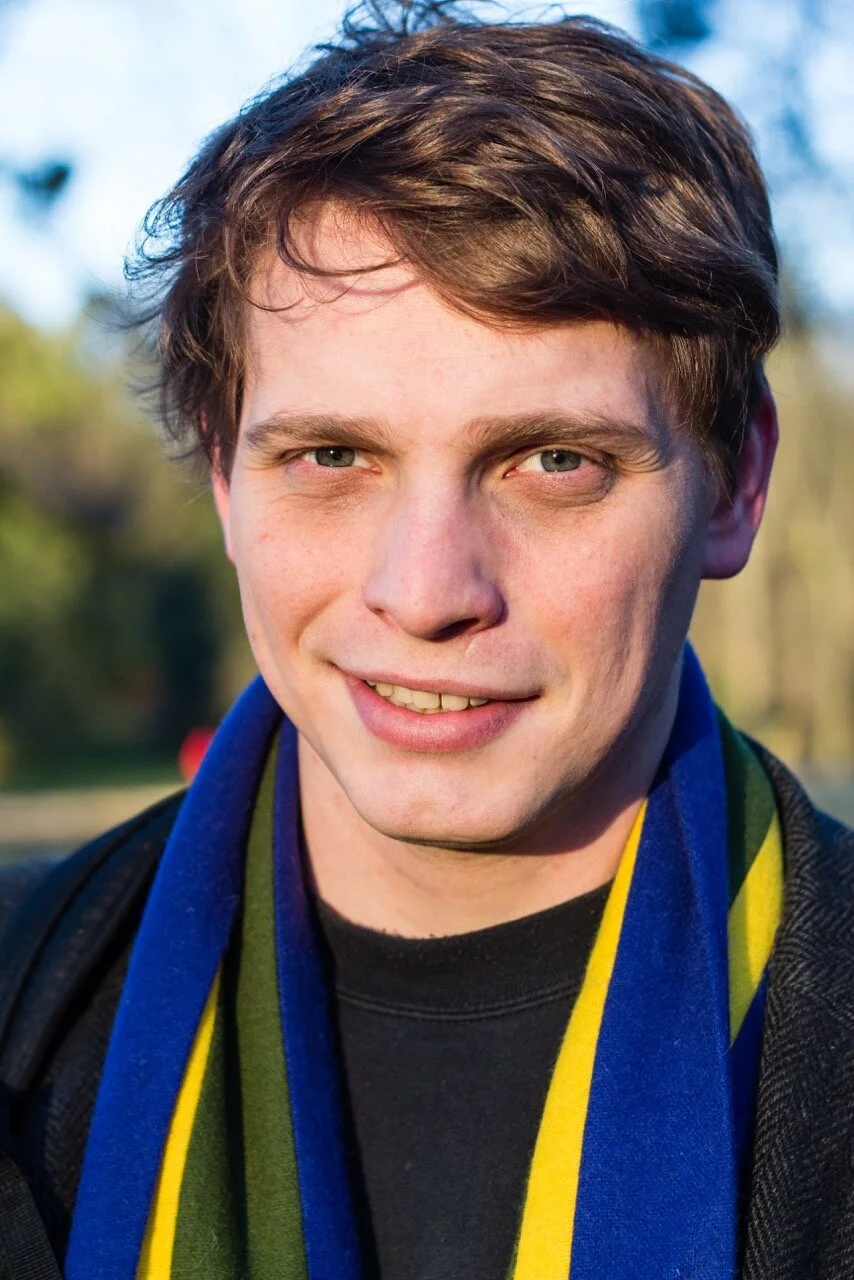Using bacteria to treat a disease like cancer may not seem very intuitive, but there are very smart reasons for doing so. No one knows this better than Dr. Pedro Sampaio, co-founder of Neobe, a company doing just that.
Read MoreHave you ever just though how easy it would be to control everything with your brain? Poof, the lights go on, and Netflix just chooses your favorite show. Beyond these niceties though, Dr. Marvin Andujar has bigger and better plans.
Read MoreIt may feel like 2Scientists has dropped off the face of the planet since our last release, so we wanted to check in and let you all know where we’re at.
Read MoreHe’s here, he’s there; Dr. Hillman brings drug safety everywhere! So given the rules and regulations he needs to follow, the title “vigilante” could be nothing but ironic.
We chart David’s progress through choosing pharmacology as a subject to study, and settling on pharmacovigilance as a career to pursue.
Read MoreHe conserves wild spaces, he climbs tall trees, he records flying amphibians. He is: Christian Brown – the Salamander Scientist! We talked about his graduate research involving dropping salamanders in a wind tunnel, watching hours of recordings to get his data, and his work outside the lab to save a local forest preserve.
Read MoreMicrofluidics is, as the name might imply, the study of small amounts of liquid. Now this may not sound super exciting until you hear Dr. Éadaoin Carthy talking about her field.
Read MoreChemistry and chemicals get a bad rap, but unfairly so. Certainly that’s the view of AP De Silva, someone who fell in love with the subject in his native Sri Lanka and who has continued a fruitful career in Northern Ireland.
Read MoreThat a doctor listens to their patients should not be a surprise, but that they use information from their patients to help improve care may well be. Enter Dr. Jason Wilson an emergency physician, a graduate trained anthropologist and a man with his finger on the pulse of many projects.
Read MoreSo with much fanfare, we launch our accompanying podcast 2Cientificos in Spanish! You’ll be able to find all future episodes on our new dedicated page, but for the bilingual among you, this is one to enjoy here and now.
Read MoreDr. Carina Rodriguez is physician-researcher who has transported her skills from her home nation of Argentina to the US. While she has experience in the prevention and treatment of a wide range of diseases, as a pediatric infectious disease specialist her focus has been on the little ones.
Read MoreDr. Brandon Blue is an oncologist and physician-scientist at Moffitt Cancer Center. As a medical doctor he spends his time treating blood cancers, so this is an apt episode for Blood Cancer Awareness Week.
As a researcher though he's trying to understand more about disparities in diagnosis and treatment of such cancers so that all patients receive better care.
What happens when your psychology research just doesn’t quite scratch that itch any more? Well, in the case of Prof. Edelyn Verona, it means you join with your colleagues to create a Center for Justice Research and Policy, something she is well placed to do as an expert in mental health, and violent and criminal behavior.
Read MoreMeet Annie Sorrell the lover of manatees, from Montana (Annie is from Montana - not the manatees). And Loga Fixico, scientist, philosopher and studier of complex systems. What do they have in common? Well, they both studied at the Center for Native Peoples and the Environment at SUNY ESF, they’re cousins, and they’re cohosts of the NDN Science Show.
Read MoreProf. Nancy Huntly is the scientist who almost never was. All through high school and university she didn’t feel like science was for her, but her curiosity has led her to study ecosystems as an academic, work for government agencies and more recently she's been researching how best to keep grad students in STEM programs. All that was not enough for Nancy though as she has also run for State Senate in Utah!
Join us as we chat about her unique and inspiring journey from pikas to politics
Read MoreWhile at Northwestern University, Dr. Alexandria Volkening and her colleagues developed compartmental mathematical models to predict the 2020 US elections. What's a compartmental model? How do you teach kids about math modeling using Finding Nemo? Which is better: the Parmvir poll or the Alexandria poll? We ask her about this and more.
Read MoreGerrymandering has been described as the process by which the people being elected get to chose the people that elect them. It turns out that, while many people would argue that gerrymandering is not healthy for democracy, doing it right requires some maths.
Dr. Thomas Weighill is a mathematician “weighing in” to do just that.
Read MoreA journey through ecology, evolution, infectious disease, mathematics and computational biology in medicine is what has made Dr. Brandon Ogbunu the scientist he is today. And he is completely unapologetic about it because Brandon’s believes that all these facets of his work, personality and ethnicity put him in a unique position to understand complex interactions. That includes those that we’re seeing in the midst of a pandemic.
Read MoreDr James Gurney is a microbiologist interested in infectious diseases. He is also a big fan of science communication whether that means talking to students in classrooms, hosting his own podcast, or consulting for Kurzgesagt. In fact it’s the latter that inspired us to ask James on our show. You can find the Kurzgesagt on the novel coronavirus here.
We talked about James’ current research, armchair scientists and naturally, COVID-19.
Read MoreBats are a hot topic right now in light of COVID-19, but anyone working on them will tell you these are some of the most misunderstood mammals. Thankfully Dr. Susan Tsang is an expert and she sat down with us to talk about her favorite pollinators. Yes, just like the birds and the bees, we should be including bats among the organisms that help transfer seeds.
Read More



















